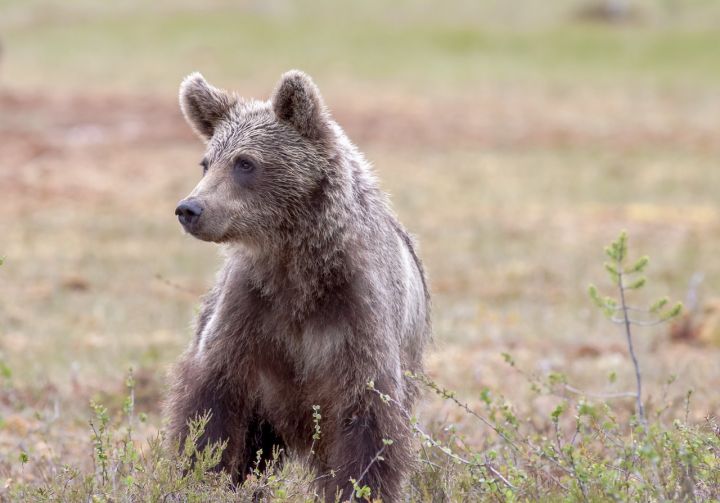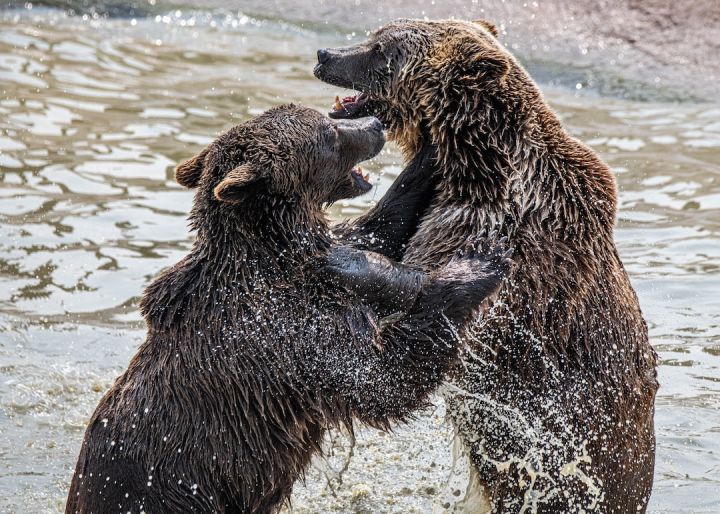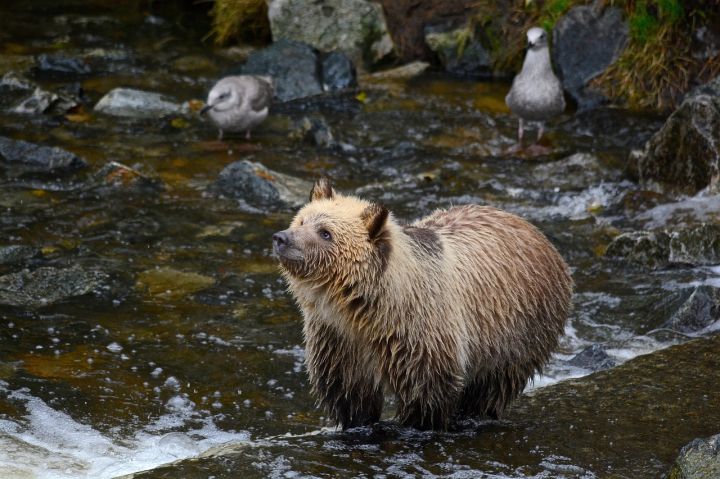Does Bear Behavior Change with Seasons?
Bears are fascinating creatures that captivate the imagination of people around the world. These majestic animals have adapted to a variety of environments and have evolved unique behaviors to survive and thrive. One question that often arises when discussing bears is whether their behavior changes with the seasons. In this article, we will explore this topic and shed light on how bears adapt to different seasons.
The Winter Slumber: Hibernation
When it comes to bear behavior, one of the most notable seasonal changes is hibernation. During the winter months, bears enter a state of hibernation to conserve energy and survive the harsh conditions. Hibernation is a deep sleep that allows bears to survive without food for months. They find a den, usually in a cave or hollow tree, and lower their body temperature, heart rate, and metabolism. This incredible adaptation allows bears to conserve energy during the winter when food is scarce.
Spring Awakening: Emerging from Hibernation
As the winter months come to an end, bears begin to emerge from their hibernation dens. This period is known as the “spring awakening” and marks the start of a new season for bears. During this time, bears are often hungry and eager to find food to replenish their energy reserves. They start to search for fresh vegetation, such as grasses and berries, to satisfy their voracious appetite. The behavior of bears during the spring awakening is characterized by their increased activity and their focus on finding food.
The Food Quest: Summer Feeding
Summer is a season of abundance for bears, as food becomes readily available. This is the time when bears focus on feeding and gaining weight for the upcoming winter. They forage for a variety of food sources, including berries, nuts, and insects. Bears are known to have an excellent sense of smell, which aids them in locating food from a great distance. During this time, bears can often be seen roaming through meadows and forests in search of their next meal. Their behavior during the summer months is primarily driven by their need to sustain themselves and prepare for the leaner months ahead.
The Hunt for Sustenance: Fall Hyperphagia
As summer transitions into fall, bears enter a phase known as “hyperphagia.” This term refers to the increased appetite and feeding behavior exhibited by bears as they prepare for winter hibernation. During this time, bears become even more focused on finding food and can consume up to 20,000 calories per day. They are particularly drawn to high-calorie food sources, such as salmon, which provides them with the necessary fat reserves to survive the winter. The behavior of bears during fall hyperphagia is characterized by their relentless search for food, often leading them to rivers and streams where they can catch fish.
Conclusion: The Ever-Changing Behavior of Bears
In conclusion, bear behavior does indeed change with the seasons. From hibernation in winter to the spring awakening, summer feeding, and fall hyperphagia, bears adapt their behavior to the changing seasons to ensure their survival. Understanding these seasonal changes in bear behavior is essential for conservation efforts and for promoting coexistence between bears and humans. Bears are magnificent creatures that have mastered the art of survival, and their behavior throughout the seasons is a testament to their resilience and resourcefulness.






